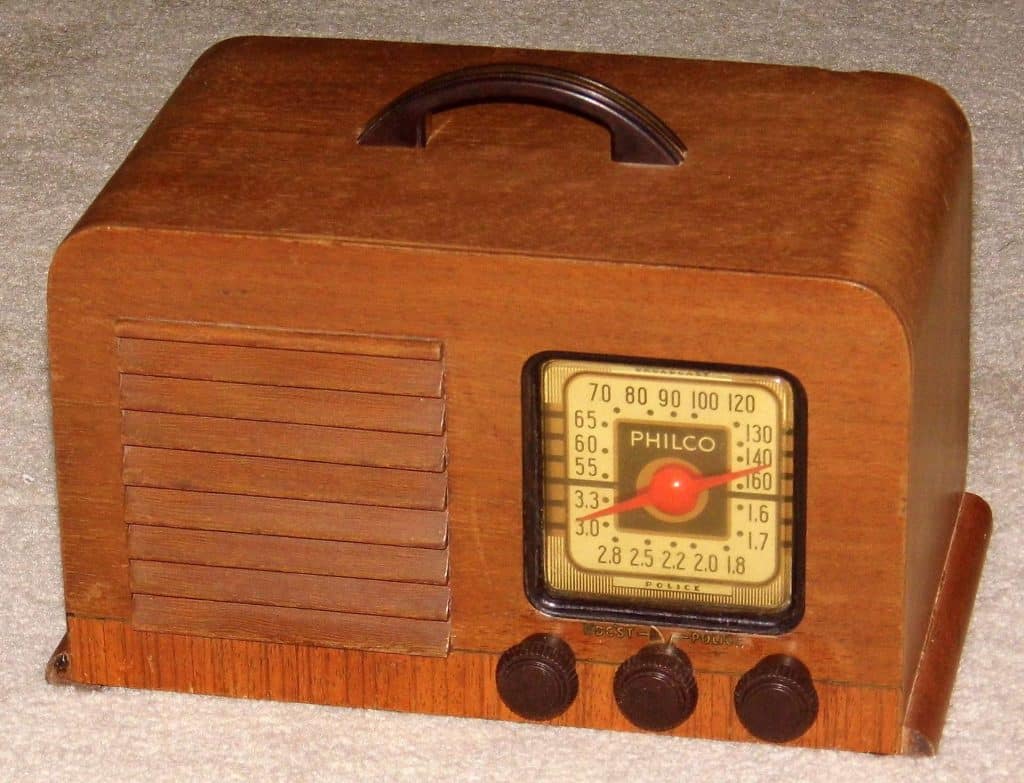The crackling sounds of 1940s radio weren’t just entertainment for Britons huddled around their wireless sets during the tumultuous 1940s. The BBC Home Service became a lifeline…
Laughter, Light Entertainment and Keeping Britain Informed
The BBC Home Service offered a rich variety of programs designed to entertain and inform a nation facing unprecedented challenges. Comedy programs like “It’s That Man Again” and “Educating Archie” provided much-needed laughter, a welcome break from the war’s anxieties.
Light entertainment shows like “Workers’ Playtime” and “Housewives’ Choice” offered a window into a world where life continued, albeit under wartime constraints. Popular variety shows like “Monday Night at the Cafe de Paris” and “Variety Bandbox” brought the joy of live music and performances into living rooms across the UK.
Stars of British Radio
These captivating programs were brought to life by a cast of unforgettable British personalities. Comedians like Tommy Handley, Max Miller, and Charlie Chester became household names. Their quick wit and hilarious characters provided a much-needed escape from the war’s grim realities. Drama programs thrived with the talents of actors like John Gielgud and Richard Burton, whose dramatic delivery captivated listeners. Music programs featured iconic British crooners like Vera Lynn and Mantovani. Their soothing vocals offered solace and a sense of normalcy.
1940s Radio -Keeping Britain Informed and United
Beyond entertainment, the BBC Home Service played a crucial role during World War II. News bulletins from legendary broadcasters like Richard Dimbleby kept citizens informed about the war’s progress, fostering a sense of national unity and resilience. Patriotic programs like “Navy Lark” and “Land Army at War” rallied public support for the war effort. They celebrated the contributions of everyday Britons on the home front and on the battlefield. Children’s programs like “Children’s Hour” offered a sense of comfort and normalcy for young listeners facing a disrupted world.
Post-War Boom: Radio Continues to Captivate
Following the war, radio remained a dominant force in British entertainment. Game shows like “Twenty Questions” and “Double or Nothing” offered listeners a chance to test their knowledge and win prizes. Serial dramas like “The Archers” and “Mrs. Dale’s Diary” captivated audiences with their ongoing storylines. Sports broadcasts like the legendary commentaries of John Arlott brought the thrill of cricket, football, and other sporting events into homes, fostering a sense of community and shared excitement.
